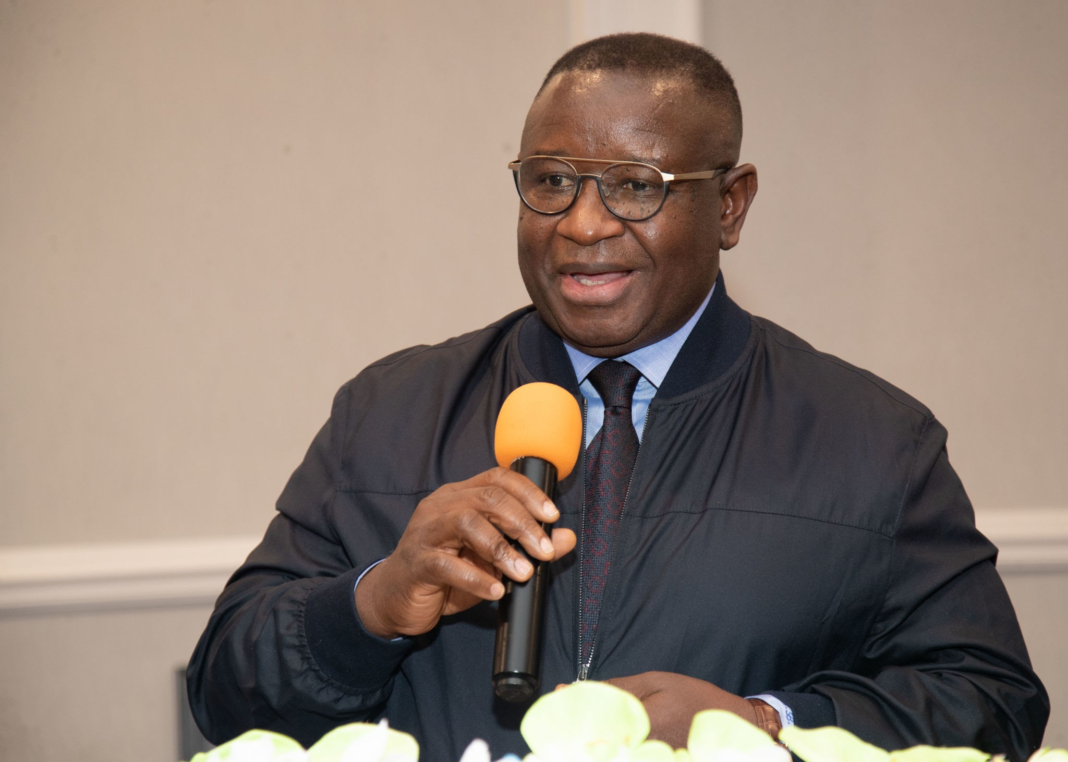The following documents illustrate how the Maada Bio regime continues to use public funds for an ineffective international propaganda campaign aimed at obscuring its economic failures and human rights violations. They also reveal the extent of transnational repression targeting Sierra Leoneans in the United States and beyond, specifically aimed at those who expose the regime’s corruption and human rights abuses.
The Bio regime initially hired Jerry Torres and the Mercury Firm to launch an international cybersecurity operation against democratic critics, especially staff members of the Africanist Press. Investigations conducted in late 2022 uncovered that private security contractors and cyber intelligence agents employed by Maada Bio coordinated multiple incidents of state-sponsored violence intended to silence democratic opponents of the regime in the diaspora. The primary objective of these operations was to undermine the Africanist Press.
In addition to Torres and the Mercury Group, the Bio regime also engaged Weintraub Communications LLC, owned and operated by Jeffrey R. Weintraub. An email submitted to the United States Department of Justice reveals the regime’s ongoing reliance on foreign cyber and communication agents from Nigeria and the United States to facilitate its domestic and international communications. The email, originating from the Information Ministry, requests that Jeffrey Weintraub review the terms of a contract signed in September 2024. This contract encompasses not only covert operations but also “overt opportunities in innovation and technology.”
Along with a Nigeria-based company called Prunedge SL Limited, Weintraub was contracted in August 2024 to meet regularly with representatives of the Government of Sierra Leone (GoSL) to discuss objectives, gather background information, and assess logistical factors influencing communication strategies in the United States. They were tasked with advising GoSL representatives about the U.S. media landscape, specifically regarding potential opportunities and challenges related to communicating about Sierra Leone’s activities, policies, and leadership.
According to the agreement, Weintraub will also “solicit and coordinate leading U.S. journalists” to publish op-eds or conduct interviews with GoSL leaders, as well as arrange speaking opportunities for GoSL representatives at relevant U.S. organizations, forums, and stakeholder events.
In correspondence dated August 7, 2024, Bio’s Minister of Information stated that the regime aims to “make a big splash” by showcasing its “appetite and willingness to embrace and leverage innovation” as a foundation for Sierra Leone’s development.
“We want our president and our minister to be portrayed as champions of this initiative in the media and at events,” the minister urged Weintraub.
Interestingly, in Sierra Leone, the engagement of foreign agents to coordinate, manage, and implement the Bio regime’s transnational campaign of repression and propaganda is conducted in secrecy between these foreign agents and local politicians. The contracts for hiring these agents have not been made public nor subjected to the necessary public tender or bidding processes mandated by Sierra Leone’s procurement laws and regulations.
Beyond the legal and human rights violations stemming from such secretive arrangements, hiring foreign agents to assist the Bio regime in its domestic and international efforts reveals several important points.
Firstly, it demonstrates that the Maada Bio regime lacks local communication expertise. The regime’s strategic communication staff, including its ministries of information and communication, have had to rely on foreign specialists from Nigeria and the United States to manage their national and international outreach, which has proven largely ineffective.
Secondly, it exposes the involvement of foreign agents in the transnational repression of Sierra Leonean citizens who speak out against government abuse and corruption. This campaign of overt and covert transnational repression, costing taxpayers millions of dollars, includes ongoing illegal cyber intelligence operations against the Africanist Press and other Sierra Leoneans in the diaspora targeted for exposing the corruption and human rights violations of the Maada Bio regime.
Thus, the lack of transparency in hiring foreign agents not only fosters corruption and human rights violations but also complicates efforts to hold these agents accountable when their actions undermine the rights and freedoms of Sierra Leoneans.
Stay tuned for our forthcoming report and analysis on the role of foreign agents—particularly those from Nigeria and other U.S. contractors—in the Bio regime’s campaign of repression and propaganda, along with the repercussions for Sierra Leoneans both domestically and abroad.
By Chernoh Alpha M. Bah, PhD



